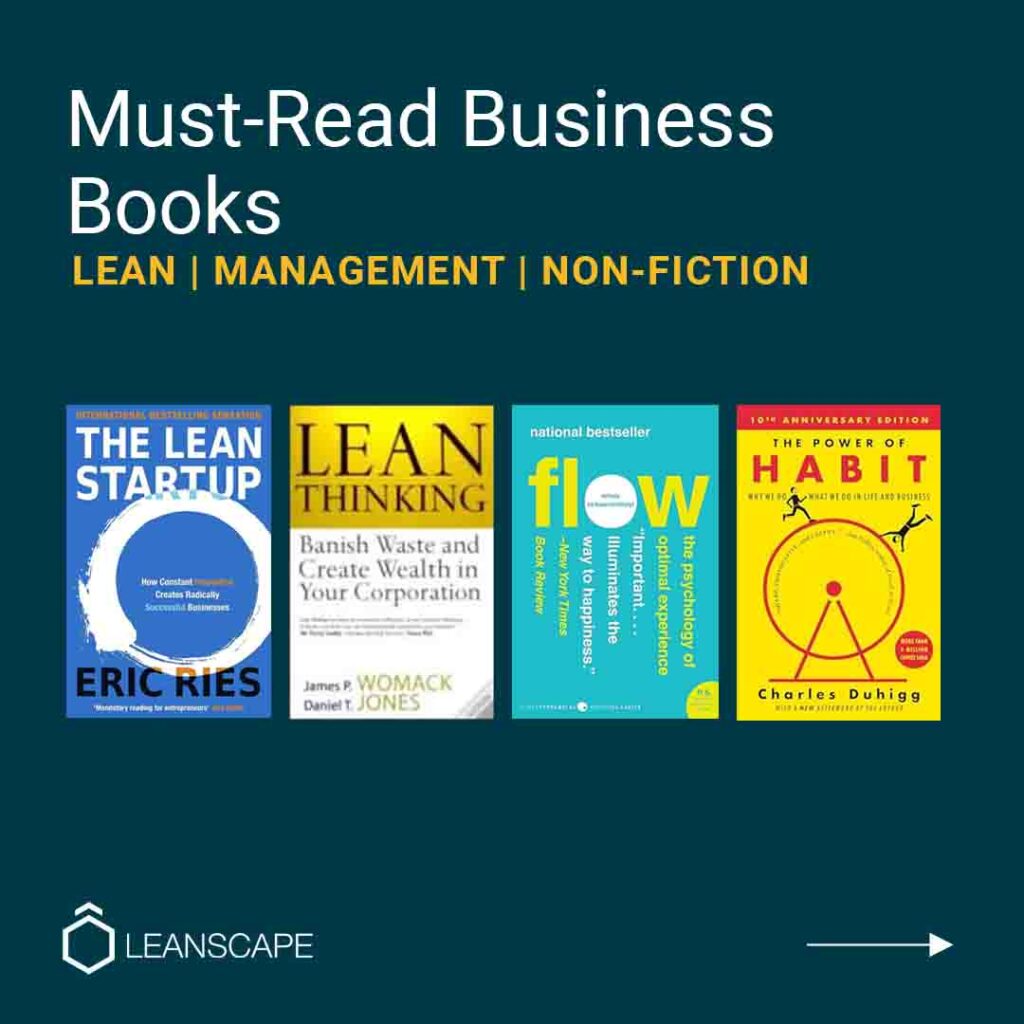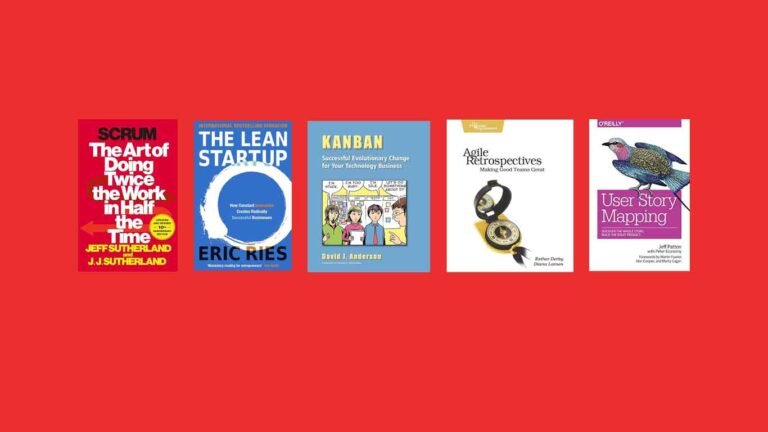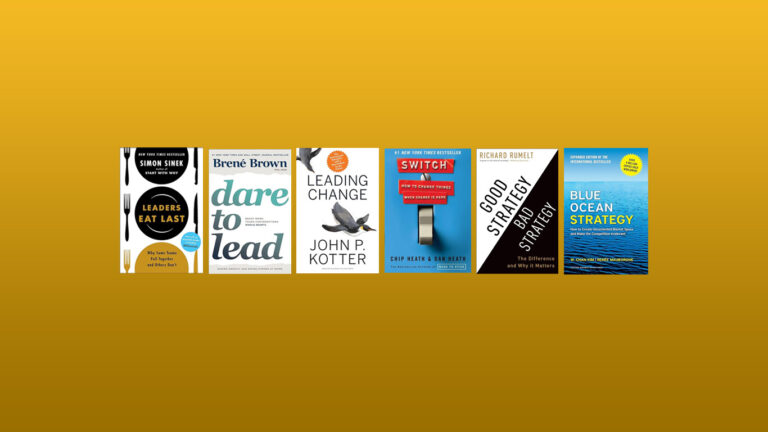Key Skills for Project Management: What Lean Can Do For You
Project management is a tricky feat, especially in an environment where projects are constantly changing. As things change, the skills required to do this job also change. One of the most important skills that project managers need is knowledge of lean principles and training on how to apply them to their work. Lean can help you manage your projects more efficiently by reducing waste and increasing productivity. In this article, we will discuss some key skills for project management as well as what lean can do for you!
Project Managers can be categorized into two categories.
Firstly are those who just simply manage the project and who are more focused on correctly assigning tasks and agreeing on sign-offs when required.
Secondly, are those project managers who are personally invested in the success of the project and willing to do what is necessary to make the project a success. The first does not mind what happens with the project as long as they cover their backs, but the second is highly committed and a driving force behind the success of the project.
In this article, we are going to focus on the second type of Project Management only. Those that are highly committed and who are driving the success of the project. This is where project management key skills can be enhanced with Lean.
100% Free Fundamentals of Lean COURSE
What is Project Management?
Project management is the process of managing a project from beginning to end. It involves overseeing and directing all aspects of an organization or company’s projects such as time, cost, quality and scope. The job requires skills like leadership, communication, problem solving and analytical thinking among many others.
Project managers are usually required in any company that has several ongoing projects at one time; for example in construction companies a project manager will be responsible for the day-to-day running of a particular site while also being involved with other sites simultaneously. In this article we will discuss what some key skills required from a project management perspective are and how they link to Lean training which can help you manage your projects more efficiently by reducing waste and increasing productivity!

Lean Principles
The Lean philosophy is based on the following five key principles: Value Stream Mapping (VSM), Just-in-time Production (JIT), Pull System(PS) , Waste Elimination (WE) & Continuous Improvement or Kaizen. These concepts can be applied to any type of company for various benefits such as improved quality control, increased employee satisfaction and better customer service among many others. When we think from a project management perspective, lean helps us to make sure we deliver the right project to the right customer and that we do it in the most effective and efficient way possible.
So what are the key skills you need as a Project Manager and how does lean thinking help?
So what are the 5 Project Management key skills
1. Communicate effectively
Firstly, as a project manager, you need to be able to communicate effectively with your team members. This means that if there is an issue or problem within the project for example, then it needs to be addressed quickly and openly between yourselves in order to resolve any issues before they escalate further. Lean thinking can help here by making sure teams are constantly communicating through daily stand up meetings where each person tells their peers what they have done yesterday, what problems/issues they faced etc., so these concerns can be dealt with immediately rather than waiting until later down the line when things may get worse!
While Powerpoint might not be needed, you also need to learn how to summarise complex projects into clear communication decks. You need to learn how to present data, ideas, concepts and clear project goals. This is where the benefits of having Lean Six Sigma project experience help and learning how to communicate projects clearly through the DMAIC approach.
2. Set goals and objectives
Secondly, you need to set goals and objectives for your projects. You will then create a project plan that outlines the key milestones of the project broken down into timeframes; this makes sure everyone understands what is expected from them based on their role in the team. Lean thinking can help here by helping keep every member of staff focused on achieving these common outcomes while also making it clear where they are within each stage of development (the VSM).
How does lean thinking help?
Lean Thinking helps make it easier to monitor progress throughout the entire process which allows issues or problems with any part of the workflow to be identified early on before things get worse! This means less rework later on when delivering final products/services etc., saving money not only for the customer but also for your company!
Setting goals and objectives is an important part of being a project manager.
“Plans are only good intentions unless they immediately degenerate into hard work.”
Peter Drucker Tweet
3. Plan for change
As a project manager, you need to plan for change. This means that when things do go wrong, or there is an issue with the scope of the project etc., we need to be able to adjust and make changes where necessary in order to keep everything on track and moving forward towards our final goal.
Lean thinking helps here by making sure teams are constantly focused on creating value and through Lean training, they have become adept at planning and managing changes within teams and across organisations. Learning how to manage teams and how to build high performing teams is critical for success as a Project Manager.
Planning for change ensures projects stay on course even if something unexpected happens along the way. Lean Thinking gives you the mindset and the skillset to always be ready to adjust to the changes.
4. Build relationships with stakeholders
Project managers must build relationships with stakeholders. This means that you need to be able to communicate effectively and build strong, healthy professional relationships even if there are disagreements or problems within the project itself. Lean thinking can help here by helping teams learn how to resolve issues in a positive way while also learning problem-solving skills through PDCA (Plan Do Check Act).
Lean training equips Project Managers with both soft skills such as empathy and emotional intelligence but also hard skills like data analysis which all contribute towards building successful working relationships across your team/company! Being a good communicator is something you will use every day whether it’s communicating bad news or explaining difficult concepts clearly without having any jargon – this makes sure everyone knows what they’re doing, why they’re doing it and are happy to do so!
Being able to build relationships with stakeholders is an important part of being a project manager. Lean Thinking can help you develop these skills through training, coaching and mentoring.
5. Manage expectations
Managing expectations is key in project management. It means setting realistic goals and targets that are reachable yet challenging enough to ensure the best possible results for your projects through Lean thinking.
Lean training helps you understand how to set up a plan, measure progress against it while learning about data analysis tools like SPC (statistical process control) which will help show any areas of potential improvement within our processes! This allows us to develop high performing teams by always being able to monitor performance levels or identify issues before they get out of hand so we can resolve them quickly & effectively without wasting time/money on unnecessary rework later down the line.
How does lean thinking help? Managing expectations ensures everyone knows what’s expected from them while also providing clear direction to the team which ensures they’re always working towards a common goal!
6. Stay focused on the big picture
One of the key skills required to be a project manager is staying focused on the big picture. We need to make sure we are constantly aware of where our projects fit into the wider business model and how it all links together with other areas within an organisation and even the strategy of the organisation.
As you develop your Lean Six Sigma skills, you are constantly identifying and working on improvement opportunities across the business. One of the key skills in Lean is the ability to identify the right projects to work on. And by right, we mean the ones where you will have the greatest chance of success and of making a difference.
By knowing how your project fits into the big picture, you can help guide teams to build the best solutions, that are not just good for the project, but also the right solution for the wider business. No one is ever working in complete isolation and experience managing Lean Six Sigma projects quickly builds the skills needed to be a successful PM.
Conclusion: Project Management Skills
In this blog post, we’ve explored the key skills required from a project management perspective and how they link to Lean Thinking.
We hope that you have been able to identify some of these skills in your own career or even just for your personal life. If so, please let us know what you think! Our team is always happy to answer any questions about our services or give advice on anything related to lean thinking.
And if you are looking to be Lean Six Sigma Certified, head over to our Lean Academy to get started.


















